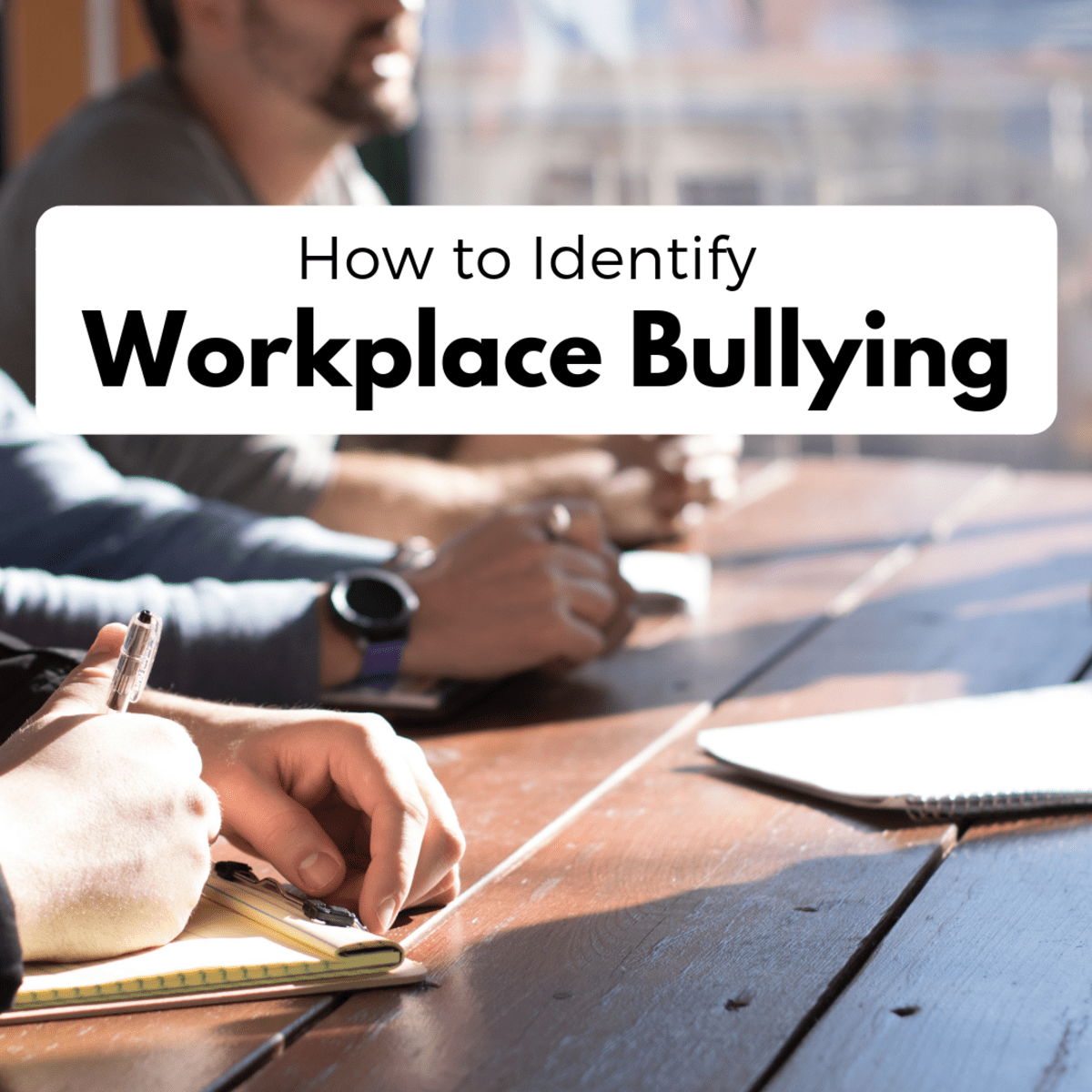
The best teams behave respectfully towards each other, no matter who we are working with, how pressured the work is or how senior we are. Bullying and bad behaviour are terrible for team spirit and lower team performance. So why are there still bullies around? Because we don’t intervene early enough.
I was once badly bullied by a client. I worked in a small agency for a high-profile company, and one main client took against me. It was pretty obvious that she wanted to make me look bad, even if that made her project go badly.
After the project was done and successfully delivered despite her sabotage, I talked to her bosses who admitted there had been other internal complaints about her bullying. But because the project was over, they couldn’t (or wouldn’t) take any action for an agency like us. I should have said something as soon as it had started to go wrong – now it was too late.
I’ve interviewed a lot of experts about conflict, bullying and difficult people in researching my book, and I’ve learned three important things that I wish I had known 10 years ago:
- If you are being bullied, you share responsibility with the bully. This was hard for me to hear. Often the so-called bully doesn’t realise the impact that they’re having on the other person and is mortified to find out they are causing so much grief. Or if they are some sort of sociopath who likes making other people unhappy, the person at the receiving end still needs to stand up for themselves or ask for support as early as possible.
- Speak up early, even if the conversation is difficult. If you postpone a difficult conversation, the situation will get far worse later on down the line, potentially going beyond resolution. Problems very often start with a miscommunication or misunderstanding, like sending an email with the wrong tone. If the person on the receiving end doesn’t say something immediately to clarify or question it, bringing the issue out into the open, the situation festers.
- Find witnesses, record evidence. Later on in my career, one of our main clients took against our company. Over the course of a six month project, every one of the 10 different team members working went off sick or refused to work on the project because she was so unreasonable. We did try to intervene early, talk to her, talk to her bosses, ask for advice, but nothing changed her behaviour. In the end we decided to never, ever talk to her without other witnesses from her company present. So that meant if she phoned, we wouldn’t answer the phone. If we got a call from someone with an unidentified number we wouldn’t answer it. If we set up a meeting, and there were no other members of her team there, we would postpone the meeting until they could make it. It infuriated her. It took about three months, but after her internal clients had witnessed her behaviour with us on multiple occasions, (and received complaints from other agencies too) she was managed out of the business.
If you’re in a team with a bully or a difficult person, you need to do something about the situation, today. Whether that’s coming straight back to someone to clarify their tone, or having a difficult conversation about how someone makes you feel, it’s far better to speak up early.
Have the hard conversation now, rather than an even more traumatic one later. Whether you’re dealing with people who intend to make you feel bad, or are just insensitive people who don’t realise their impact on others, intervene quickly – if you don’t it will only get worse.
[“source=trainingjournal”]




